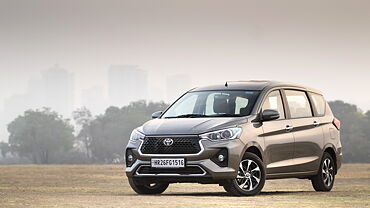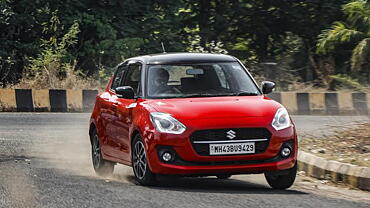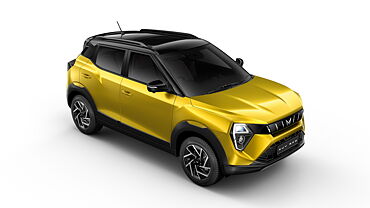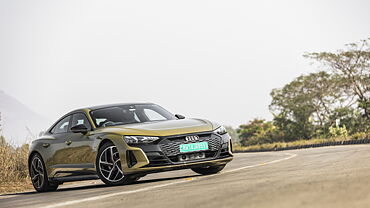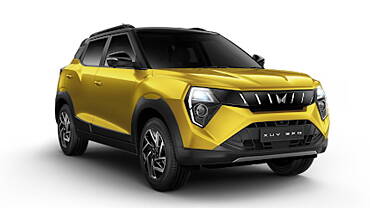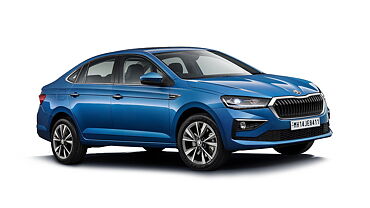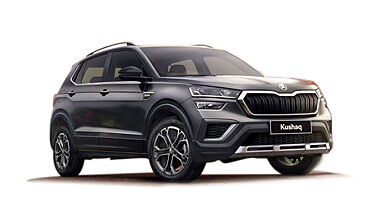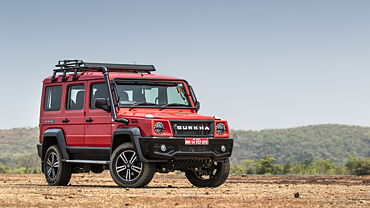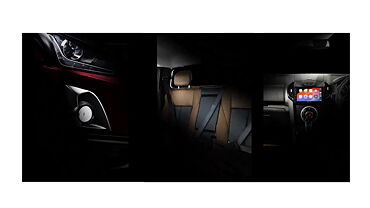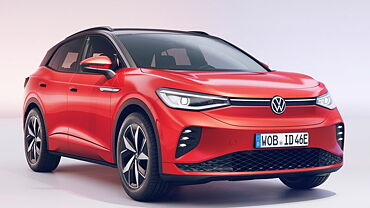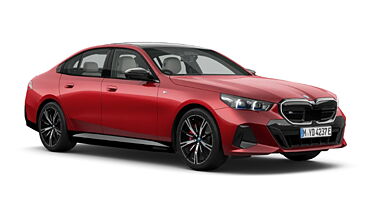With costs of input imports steadily rising as the value of Indian Rupee hits new lows each day, auto majors operating in India are focussing more on localisation efforts. They are also working towards enhancing exports in a bid to reduce costs and insulate themselves from the effects of continual fluctuations in foreign exchange.
Toyota Kirloskar Motor (TKM) and Hyundai Motor India Ltd. (HMIL) have pinned their hopes on increasing export volumes to keep themselves afloat. Conversely, Maruti Suzuki India Ltd. (MSIL) and Honda Siel Cars India (HSCI) are altering their component procurement policies in order to lower input costs. The value of the Indian Rupee has witnessed a decrease of 11.51 per cent since February 2012 and reached its all-time low of Rs. 55.39 against the US Dollar on May 22, 2012.
Deputy Managing Director – Commercial, Shekhar Vishwanathan, TKM, commented, “We can do little to arrest the hit on our finances due to the sharp depreciation of the rupee. We are 35-40 per cent import-dependent because of which our import bill has been on the rise. For every rupee depreciation we lose as much as Rs 90 crore.” In order to save itself from the impact of this fluctuation, it has begun exporting Etios to South Africa.
Hyundai is also emphasising on foreign sales in order to handle the ever-increasing import bills. R. Sethuraman, Senior Vice President – Finance, HMIL, commented, “We have been able to absorb the increase in our import costs because we are export positive.” The South Korean manufacturer is responsible for 47 per cent share of India's total export volumes.
Maruti Suzuki is making efforts to stimulate its vendors to ramp up the localisation levels in a bid to bring its own indigenisation levels from the current 75 per cent to 90 per cent in the coming two years.
Senior Managing Executive Officer - Supply Chain, Maruti Suzuki, S. Maitra, commented, “As much as 65 per cent of the components we import have exposure to the Yen. We are sourcing more components from the ASEAN (Southeast Asia) region, from countries such as Thailand rather than Japan, to ward off currency risks and, thereby, reduce dependence on Japanese vendors.”
Honda Siel has also raised its vendor base to 170 suppliers (up 25 per cent) as part of its efforts to lower import bill. “Localisation is our main strategy. We have been trying to improve localisation levels at our research and development centre over the last three years and that is helping us now,” stated Jnansewar Sen, Senior Vice President - Sales and Marketing, Honda Siel.




